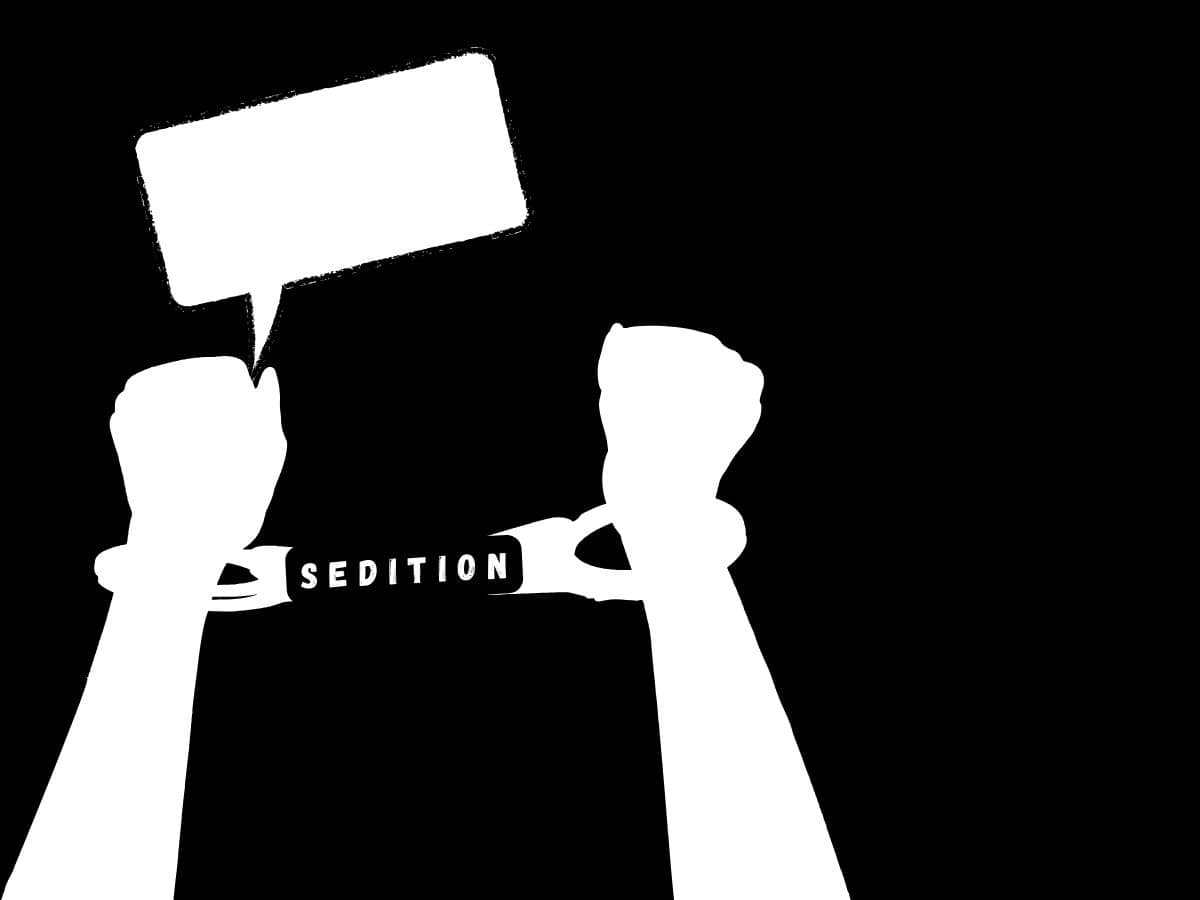
New Delhi: The Supreme Court said on Wednesday that it will hear the batch of petitions challenging the constitutionality of the colonial-era penal provision of sedition in January next year.
“List the case in January, 2024,” ordered a bench headed by Chief Justice of India (CJI), D.Y. Chandrachud, and comprising Justices J.B. Pardiwala and Manoj Misra.
In terms of the standing operating procedure (SoP) issued by the apex court, the bench appointed one nodal counsel from each side to compile the written submission, case laws and other pleadings.
Senior advocate Gopal Sankaranarayanan, appearing for the petitioners, urged the top court to list the batch of petitions challenging the constitutionality of Section 124A (sedition) of the IPC before a seven-judge bench.
At this, CJI Chandrachud said that he would pass relevant orders in the matter.
Earlier in September, the Supreme Court had ordered that its earlier judgment rendered in the Kedar Nath case upholding the constitutionality of Section 124A (sedition) of the IPC requires a reconsideration by a larger bench of minimum five judges.
In 1962, the Constitution Bench in the Kedar Nath Singh case had upheld the validity of Section 124A, saying that the state needs protection from the forces who seek to jeopardise its safety and stability.
On May 11 last year, in a path-breaking order, the Supreme Court had directed the Centre and all the state governments to refrain from registering any FIR or taking any coercive measures, while suspending all continuing investigations in relation to the Indian Penal Code’s Section 124A (sedition), and also directed that all pending trials, appeals, and proceedings be kept in abeyance.
The apex court in its prima facie observation had said that the rigours of Section 124A were not in tune with the current social milieu, and were intended for a time when the country was under the colonial regime.
In June, the Law Commission, in its report to the government, had advocated for retention of the penal provision dealing with sedition, saying that “colonial legacy” is not a valid ground for its repeal.
The panel recommended model guidelines curbing the misuse of Section I24A of IPC and said that amendments could be introduced to bring about greater clarity regarding the usage of the provision.



